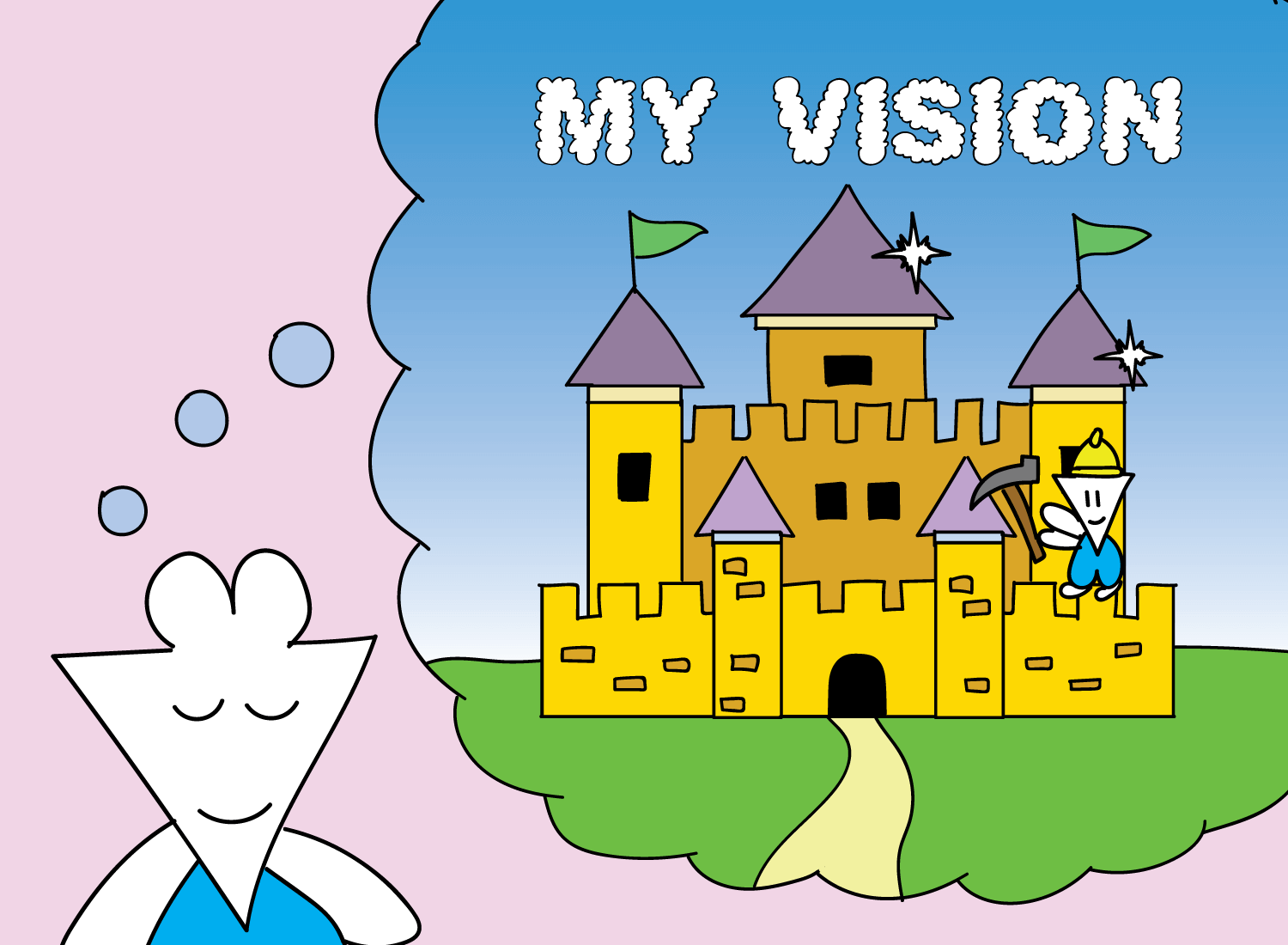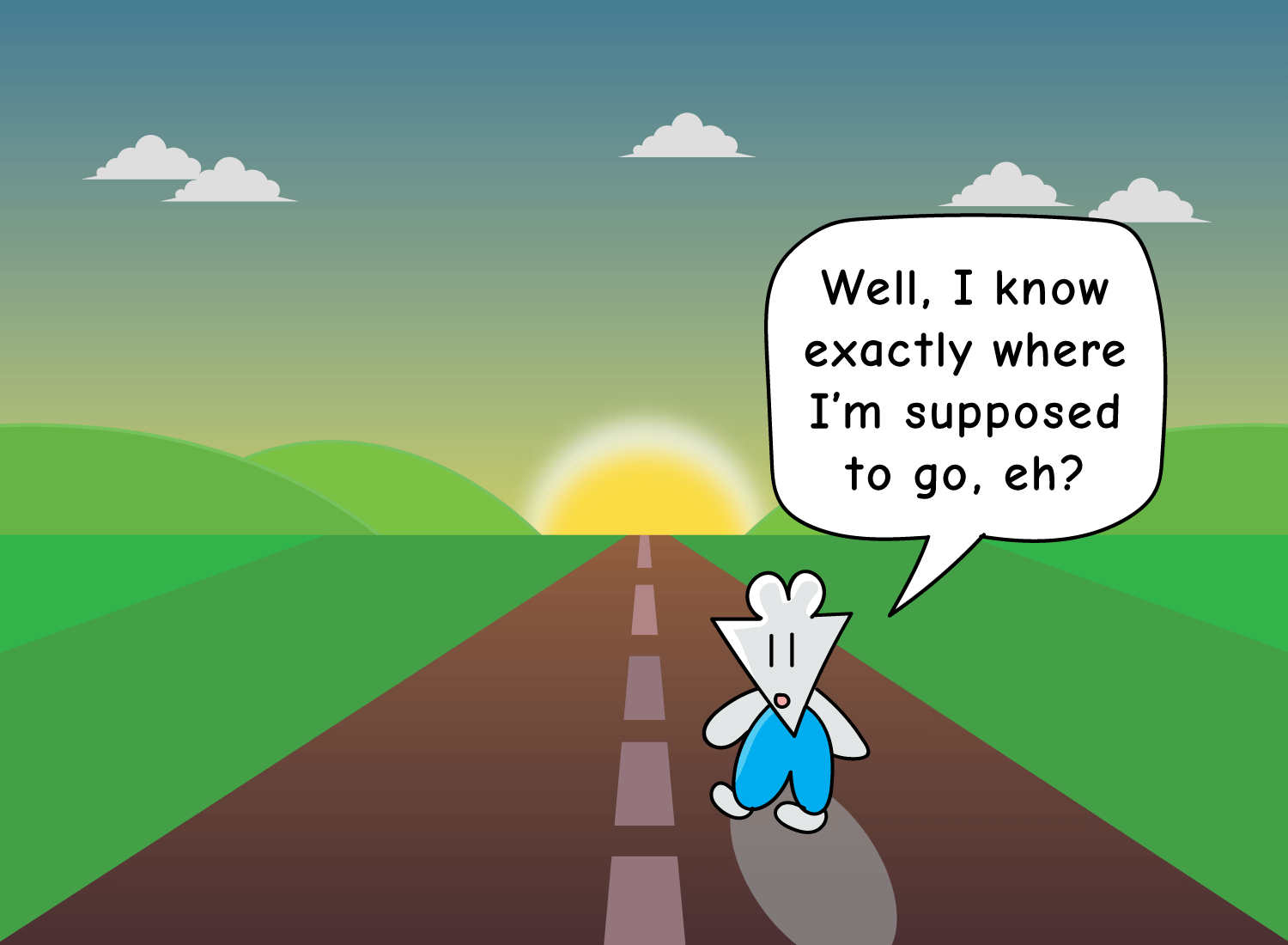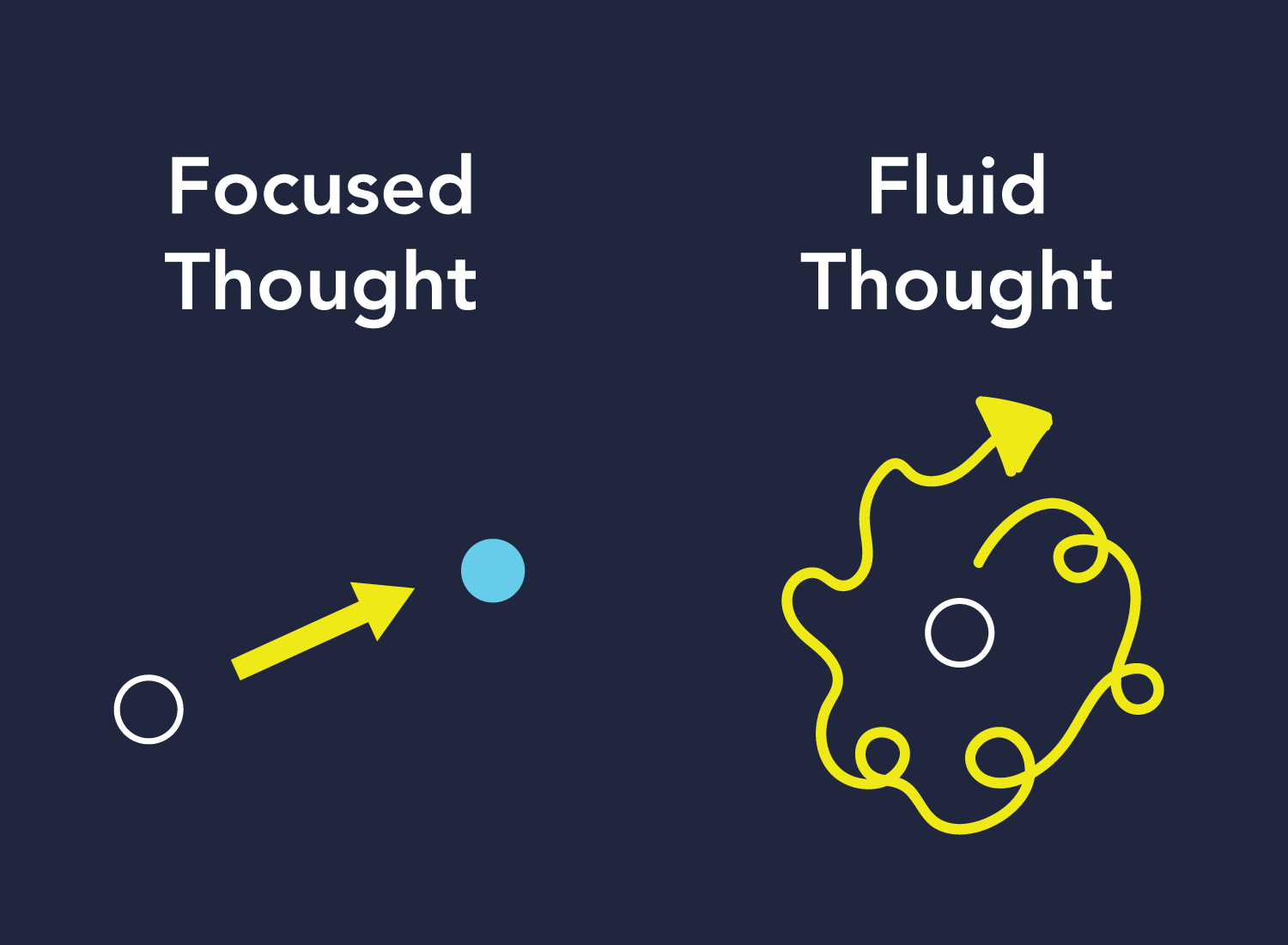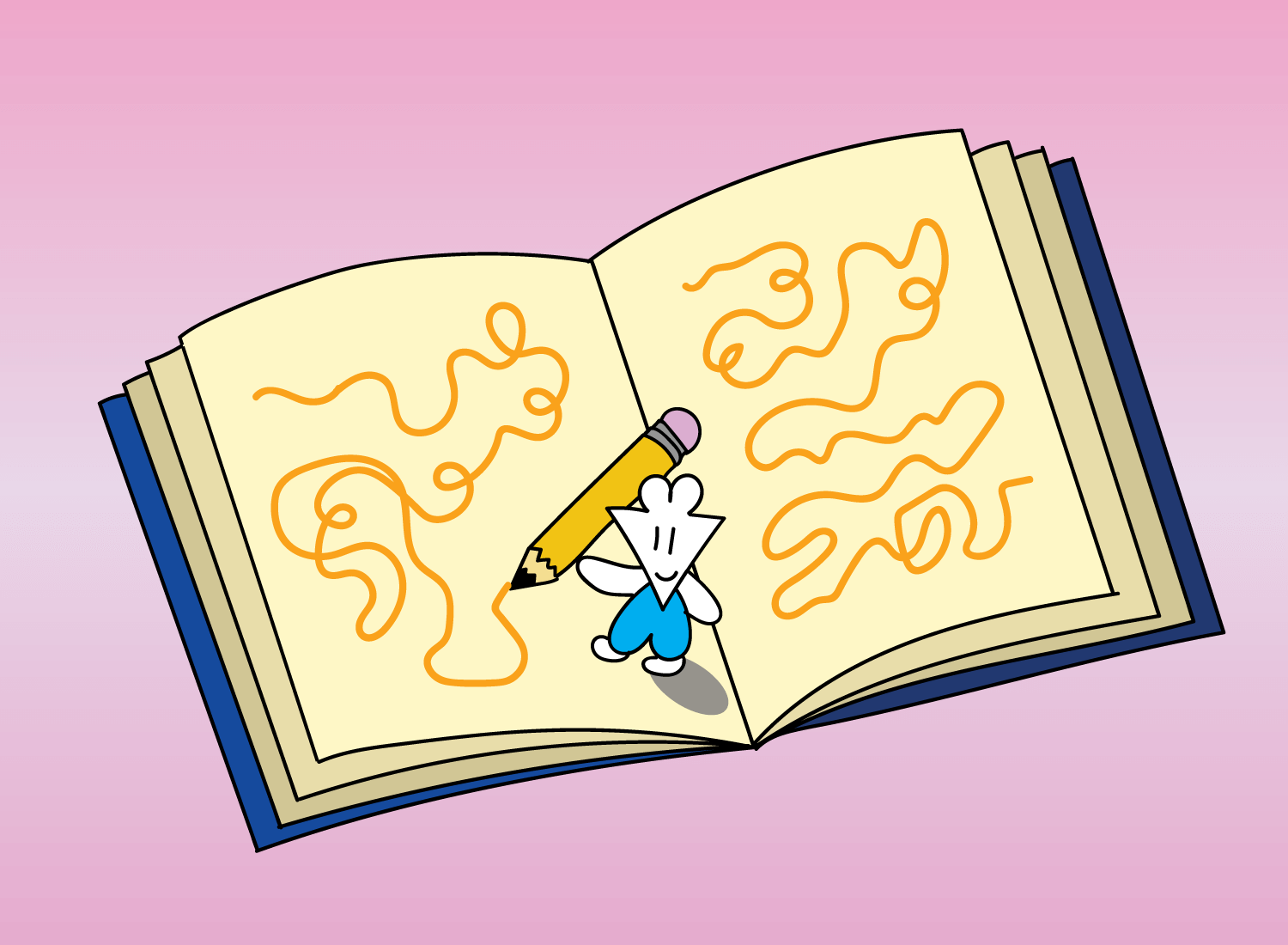Fluid Thought: The Art of Exploring Without Expecting
We often start a project with the end goal in mind.
Before writing this post, for example, I’ve collected a number of thoughts and loosely structured them so I have a general idea of what I want to say. Before a scientist tests anything, a hypothesis must be formed to act as a guide for whatever potential outcomes may arise.
Much of the time, work is the process of actualizing whatever has already been constructed in the mind. We take in information from the world around us, convert the interesting bits to mental bricks, and put them all together to create a concrete vision of what we want to create next.
Our ability to do this is yet another testament to the power of human thought. The fact that we can invest the present moment to actualize a future vision is an astounding feature that drives the creative spirit. Because our minds are always a few steps ahead of our hands, there will never be a shortage of ideas that we are forever building toward.
However, this beloved feature of ours is also a bug.
The problem with developing visions is that it creates expectations. The moment we conjure a result in our minds, we tie ourselves to that result, and become attached to that idealized blueprint. We start thinking linearly, as we already know where we want this project to end up. The cost of certainty is usually curiosity, and that is one of the first things to go once an end goal is chased.
But here’s the thing.
If you want to be productive with your work, you must have this sense of direction and expectation. After all, you can’t build anything without a general idea of what you want to see in the world.
Adhering to an expectation is what makes us efficient, and allows us to be focused. But with this focus on the end goal, we lose serendipity and the free-flowing spirit that is required from great works of art.
One of the great challenges is learning how to balance the rigidity of focus with the fluidity of exploration. It’s one I wrestle with personally, given that I want to write posts that are sensible and clear, but knowing that it takes a lot of meandering to arrive at the ideas that resonate most. I acknowledge the importance of having a schedule, but chunking my creative time into slots on a calendar feels like I’m sacrificing the freedom required to unearth interesting ideas.
Oftentimes, being able to name the problem goes a long way, and I’d like to delineate between the two styles of thought here:
Focused Thought is what guides our work lives, primarily because it’s tied to a practical end result. This result has been imagined from the beginning, so Focused Thought is about investing the energy necessary to have the present moment catch up with that future goal. The most pressing example today would be all the people working tirelessly to create a coronavirus vaccine. They embarked on this journey knowing exactly what they wanted, and they will rigorously follow whatever road looks promising to get them to that goal.
Fluid Thought, on the other hand, has no end state in mind. It’s thinking for the sake of thinking. There is no practical value to extract, no expectation to fulfill. It’s like being in a rowboat in a vast ocean without any particular place to go. All you must do is row aimlessly, and take in all the observations you make along your little journey.
Fluid Thought is about emptying any desire to be productive or useful, and instead becoming a blank canvas for whatever your curiosity comes into contact with. An idea is no longer interesting because of what you can do with it; it’s interesting simply because it’s interesting. You don’t need to store it as knowledge to regurgitate later, as coming into contact with it is all that matters.
This is a remarkably difficult thing to do, especially because we’ve been conditioned to learn with an end goal in mind. From grade school to college, we learn things because we have an exam to pass. When we enter the workplace, we learn because we want to “add value” to our team (and get paid in the process). When we do creative work, we learn because we want to build things that are useful for our audience.
The problem, however, is that all this conditioning goes against the actual nature of our minds. If you take 10 minutes to sit down and do nothing, you’ll see how random and sporadic your thoughts actually are. The mind is exploratory by nature, but we’ve trained it to think linearly because we have been incentivized to prioritize Focused Thought. After all, the more we tie our worth to the societal value we produce, the more goal-oriented we become.
Fluid Thought is a return to how our minds actually work. Exploring without expecting is what it means to be present. Thinking without striving is what it means to be introspective. By putting aside the desire to make something out of everything, we allow our childlike wonderment to re-emerge and learn from a truly earnest place.
I try to keep this in mind as I navigate my path as a writer.
Since writing is such a cognitively demanding exercise, it’s dominated by the presence of Focused Thought. This is even more relevant since I also publish my work, which means that I can’t just blurt out random thoughts on a page, and expect the result to be cohesive enough to be digested by another mind. I have to take time to formulate my thoughts, let them marinate, and structure them so that they’re clear enough to whoever might come across my work.
However, writing with an end goal in mind makes my thinking rigid, and cuts off the tangential threads that are unwoven naturally when thought is more exploratory. Too much linear thinking can make writing feel like a task, where the completion of one piece just means that it’s time to go looking for another topic to discuss. Repeat this process long enough, and you can see why so many people become disillusioned with it fairly quickly.
Fortunately, there is an antidote to this, and it applies to any form of expression:
Introduce time for Fluid Thought on a regular basis.
By giving yourself the space to explore without expectation, you give your mind the freedom to play with whatever idea it comes into contact with. There is nothing that idea has to become; there is nothing you need to store to use for later. All that matters is that you’re wandering about, spending time in a playground that will disappear shortly afterward.
The way I put this into practice is by journaling every single day. I think in the last two years, I may have missed just two sessions – that’s how important the practice is to me.
This is because journaling carries no expectations, and gives me the space to write without any judgment whatsoever. When I open up my journal each day, I have no clue what will be written down by the end of the entry. All I do is put my pen to paper, and have my hand act as a mere conduit to whatever my mind wants to explore. It can be nonsensical, it can be stupid, it can be forgotten.
And all of that is perfectly fine.
Perhaps the greatest thing about Fluid Thought is that it reintroduces the beginner’s mind, or what the Zen Buddhists call shoshin. When you have no expectations, you drop all the defense mechanisms you’ve developed in your pursuit of mastery, and reset your curiosity back to its baseline levels. This allows you to experiment with all kinds of novel ideas, as you have nothing to lose by doing so.
The same thing applies in the realm of learning. So much of what we learn is done for the purposes of what we can teach. But with Fluid Thought, we can read a book simply to enjoy it, without expecting any knowledge or wisdom in return for our attention. This is why I’ve been reading more fiction these days, as I know that I’m not delving into the pages so I can find material to write about afterward. I’m there to get lost in the story, and to be part of an adventure that is devoid of any obvious personal utility.
The paradox of Fluid Thought is that it’s easily accessible, but is difficult to enter into. This is because we live in a world where we are rewarded to provide value, so Focused Thought will always feel more practical. An efficient hustle receives far more praise than an aimless meander, so having goals and visions will be the default setting our minds operate on.
But take this mindset out too far, and we will forever be slaves to the future. Focused Thought is inherently about looking ahead, whereas Fluid Thought is about being immersed in the moment. Paradoxically, you must balance both by dropping your present expectations to position yourself toward a brighter future.
I’m reminded here of a Daoist concept called wu-wei, which roughly translates to “effortless action.” It’s about moving alongside the fabric of reality with action, but doing it in a seamless manner so you don’t create friction. To maintain a sense of serenity while meeting the demands of your everyday life.
In the end, that might be the best way to frame the power of Fluid Thought.
_______________
_______________
Related Posts
This is a post I wrote entirely with Fluid Thought (no outlines, no expectations):
The Four Ancestral Wants: A Brief Dive into the Nature of Desire
Too much Focused Thought creates rigid disciplines:
Writing as a form of self-exploration is a good way to cultivate wisdom:










